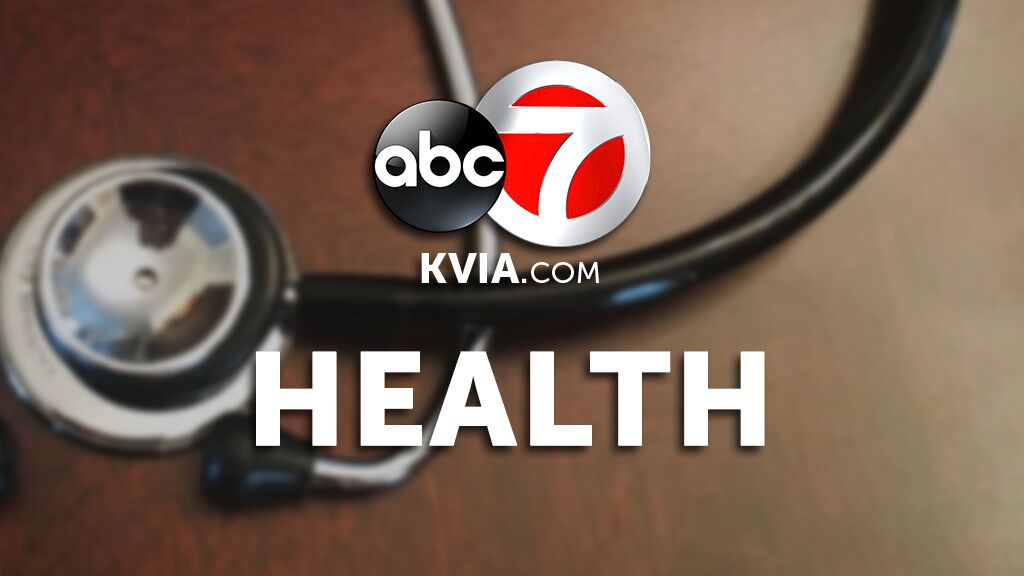This man is the first African American to receive a full facial transplant

Robert Chelsea just got a new face, and with it, he is the latest milestone in the burgeoning world of facial transplant surgery.
He is the first African American to receive a full facial transplant, with a successful surgery at Brigham and Women’s Hospital in Boston, Massachusetts. A black patient in Paris received a partial face transplant in 2007.
At 68 years old, he’s the oldest person to undergo the surgery as well.
“It’s a great wonder,” Chelsea told CNN in a phone interview on Friday. “This whole process gave me a whole new dimension on seeing myself.”
After the standard three months of monitoring in Boston after the procedure, Chelsea just returned home to Los Angeles. He’s the 15th facial transplant patient in the US.
“Despite being the oldest face transplant patient at 68, Robert is progressing and recovering remarkably fast,” lead surgeon Bohdan Pomahac said in a press release.
He suffered severe burns in a car accident
In August 2013, Chelsea was driving to church in the fast lane on a summer night when his car overheated. He was on the side of the Interstate when a drunken driver collided with his vehicle.
“My car went up in the air, and when it came down, it blew up,” he said. The inferno burned Chelsea severely.
“They laid me on a gurney, and I closed my eyes to rest, Chelsea said. “When I woke up, it was six months later.”.
After waking up from a coma, he spent another nine months in the hospital. He was released in November 2014 after undergoing more than 30 surgeries.
But his lips, part of his nose, and left ear were unable to be reconstructed.
So, he lived with a disfigured face. His business suffered, and many of his friends drifted away. For years after his accident, eating and drinking were difficult.
“I look like a Halloween mask,” he said. “But there’s no shame in that.”
In public, people often recoiled when they saw him, but he says he remembered the Biblical admonition, “Lord, forgive them, for they know not what they do.”
“Kids often get shocked,” he said. “But it’s not a criticism at all. It’s natural.”
But he had an unquenchable faith for a better future.
The surgery took 16 hours
Nearly six years after his accident, Chelsea got a call in July 2019 on a Thursday at 9 p.m. that there was a facial donor available.
According to the hospital, the wait for a donor was longer than previous Brigham face transplant recipients due to the effort to find a match that would work for Chelsea’s skin tone.
Because his new face couldn’t be frozen like another organ, he had to act quickly, boarding a plane for Boston the next day.
They immediately began to prepare for the surgery, which began on a Saturday around 3 a.m., he said.
The procedure required 45 physicians, nurses, anesthesiologists, residents and research fellows, the hospital said.
“They had to strip my whole face, and they stripped the donor’s face,” Chelsea said. “There were many layers of skin. Then, one at a time, they put each layer on my skull.”
After 16 hours in surgery, Chelsea had a new face.
People of color experience disparities in organ donation
Chelsea’s godson Everick Brown told CNN that one of the best outcomes of Chelsea’s story is that the issue of organ donation has “risen in the conversation.”
He said it highlights the importance of “signing up to be a donor or to be a recipient, especially for people of color.”
According to 2016 statistics from the Department of Health and Human Services’ Office of Minority Health, African Americans represent a disproportionate share of the need for new organs, in part because they’re at a higher risk for conditions like diabetes and high blood pressure, which can lead to organ failure.
While about 30% of those waiting for transplants are black, African Americans comprise just 13.5% of organ donors in the US.
In a statement, the Gift of Life Donor Program said that it was “proud” to have helped make Chelsea’s procedure a success.
The group said that the donor whose face was grafted onto Chelsea’s saved three other lives as well.
He dreamed of one day kissing his daughter with his own lips
Chelsea and his family are still reckoning with expensive medical co-payments, travel to and from Boston, paying caregivers, and the need for Chelsea to maintain households in both cities as he recovers.
His family started a GoFundMe campaign to cover costs.
“It’s all exacerbated by him not being able to have full-time or part-time employment during this time,” Brown said.
“These are major obstacles possibly to someone else,” Chelsea said. But he’s never lost faith, and one dream animated his pioneering journey.
“I look forward to when I can kiss my daughter’s cheek with my own lips again,” he wrote on the GoFundMe page.
